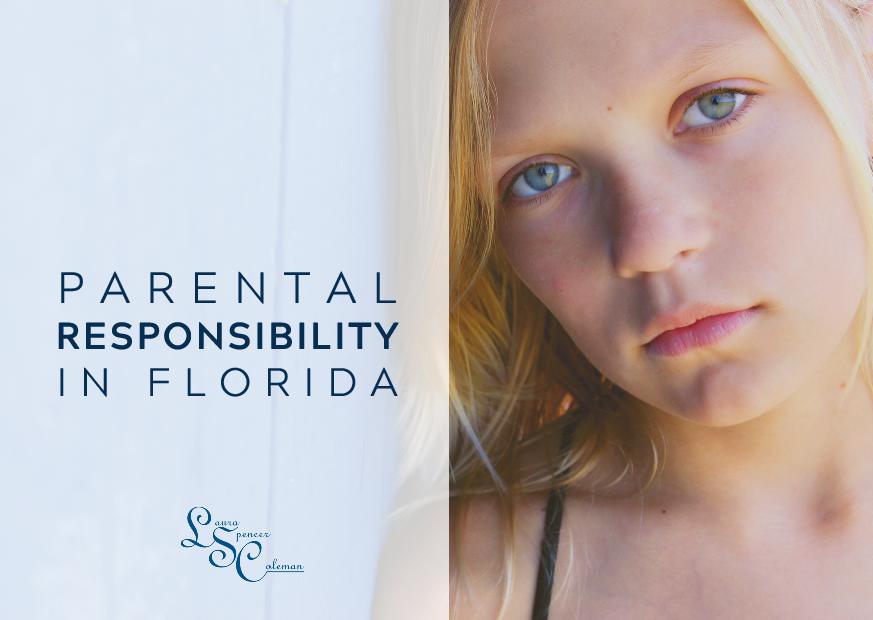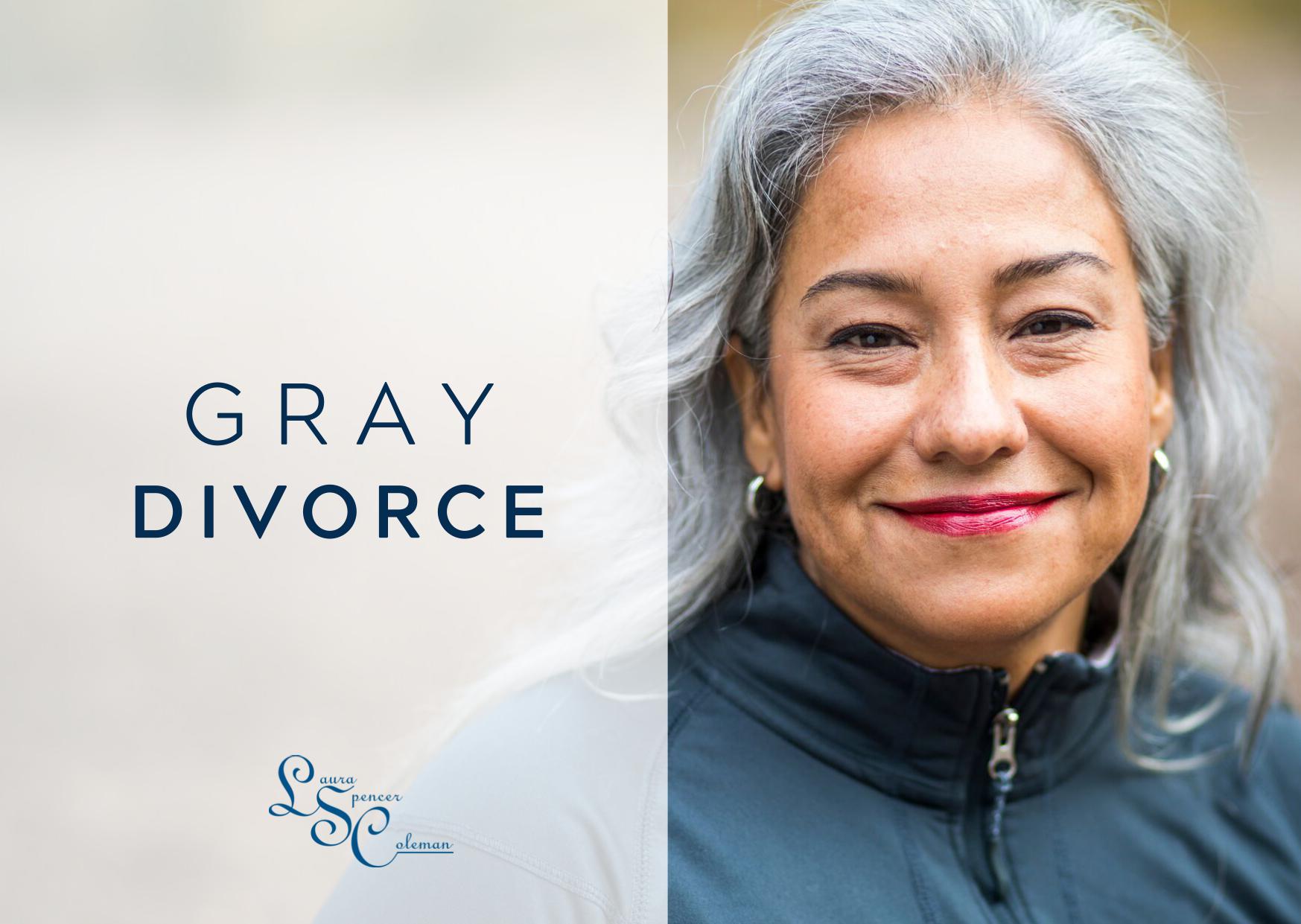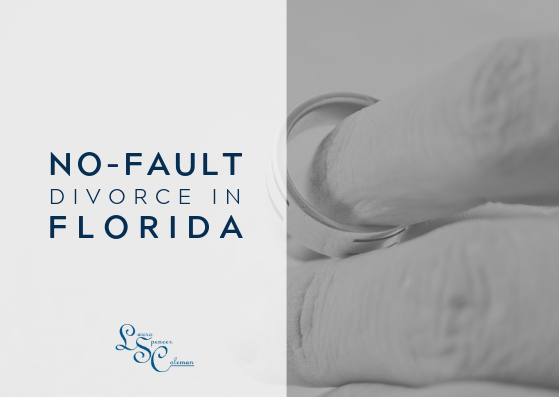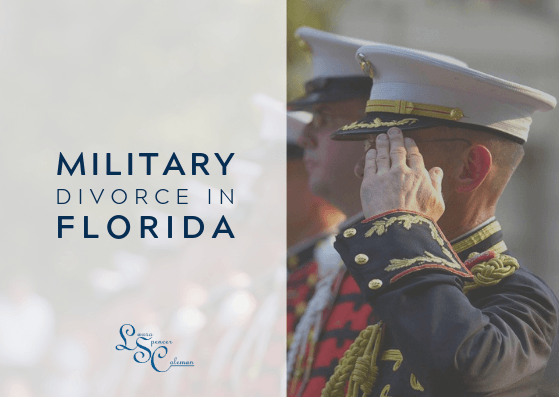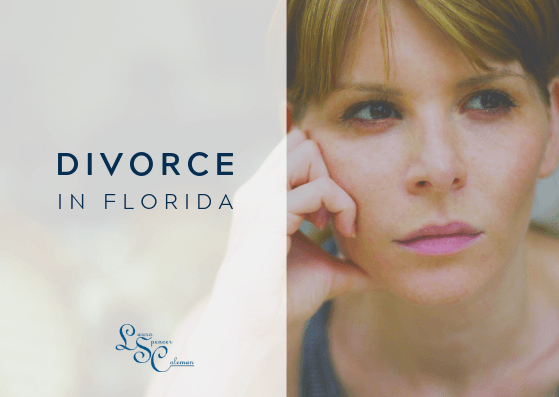Divorce After A Long-Term Florida Marriage
- By Laura Spencer Coleman
- •
- 01 Jul, 2019
- •

Divorce can be one of the most devastating events in life.
For divorcing couples who were married for more than seventeen years, the process can also be long, complex and acrimonious.
Short-term marriages often qualify for what is known as a “simplified dissolution of marriage.” This makes divorce a relatively quick and easy process, as long as both spouses agree to no alimony, have no minor children and have no issues with property division.
This option isn’t available for people seeking to dissolve a long-term marriage.
Today, we’re examining the unique features of filing for divorce in Florida after being married at least 17 years.
How Do I File For Long-Term Marriage Dissolution?
The process for filing for divorce after a long-term marriage is the same as it is for short- or moderate-term marriages.
In Florida, you can submit a petition for dissolution of marriage without an attorney, but it isn’t advisable. This is especially true for long-term marriages with minor children involved or when both spouses can’t agree on property division or alimony amounts.
Consult a divorce attorney first. He or she can guide you through the process of completing the divorce petition, and help you organize all necessary paperwork. Your lawyer will also be an objective voice in determining what you are legally entitled to, and what your ex-spouse is entitled to.
Perhaps most importantly, a divorce lawyer can serve as your legal advocate if your ex-spouse threatens to retaliate or abuse you or your children in any way. Your attorney can help you obtain the necessary Injunctions for Protection and offer in-depth legal advice throughout the process.
Alimony In Florida
In many divorces, one spouse has more financial resources or earning potential than the other. This is especially true for couples wherein one spouse stayed home to raise children while the other built a career.
Under Florida law, alimony is often awarded to the spouse with less financial resources in a divorce. This allows that spouse to maintain the standard of living he or she was accustomed to while married.
There are several types of alimony (spousal support) that may be awarded in the dissolution of marriage in Florida:
Bridge-the-Gap Alimony. This type of alimony serves to provide a “bridge” for a disadvantaged former spouse to transition from married life to single life. In Florida, this type of alimony is only awarded if there are “legitimate identifiable short-term needs.” This could include physical necessities like housing or necessary furniture. It may also be used for employment training or certifications. Bridge-the-gap alimony may be awarded alongside other forms of alimony, but it cannot be paid out for more than two years.
Rehabilitative Alimony. Rehabilitative alimony was designed to provide the recipient with funds to acquire education or training to make him or herself more employable after divorce. The unique aspect of rehabilitation alimony is that recipients must submit a detailed plan for the use of the funds. A Florida judge must approve of the plan before the money can be awarded.
Durational Alimony. This alimony is paid out for a set period of time. In Florida, it cannot be paid out for longer than the term of the marriage.
Permanent Alimony. This type of alimony is more likely to be awarded in the dissolution of a long-term marriage. Sometimes, one spouse’s financial need is perceived as permanent by the court. If the other spouse has the ability to provide permanent alimony, it may be awarded in the divorce proceedings. However, it’s important to note that permanent alimony ends upon the death of either the recipient or the payer. Additionally, permanent alimony payments are terminated when the receiving spouse gets remarried. Alimony may also be terminated if the receiving spouse enters a supportive, cohabiting relationship with someone.
Property Division and Long-Term Marriage in Florida
Florida is an “equitable distribution” state, which means that the division of property in a divorce should be “fair.” However, it does not mean that property distribution will be equal.
In Florida, any property or assets that are acquired during a marriage are considered marital property, i.e. property that is owned equally by both spouses. Marital assets can be split amongst the two parties of a divorce, even if only one spouse worked to pay for the assets.
All marital property will be divided among you and your ex-spouse, unless you have an express written agreement on property division stipulations.
Are you preparing for divorce after a long-term marriage in the Florida panhandle? Florida divorce attorney Laura Spencer Coleman has nearly 20 years of experience helping Florida residents navigate the legal process of divorce.
Contact the law office of Laura Spencer Coleman today to learn more.


